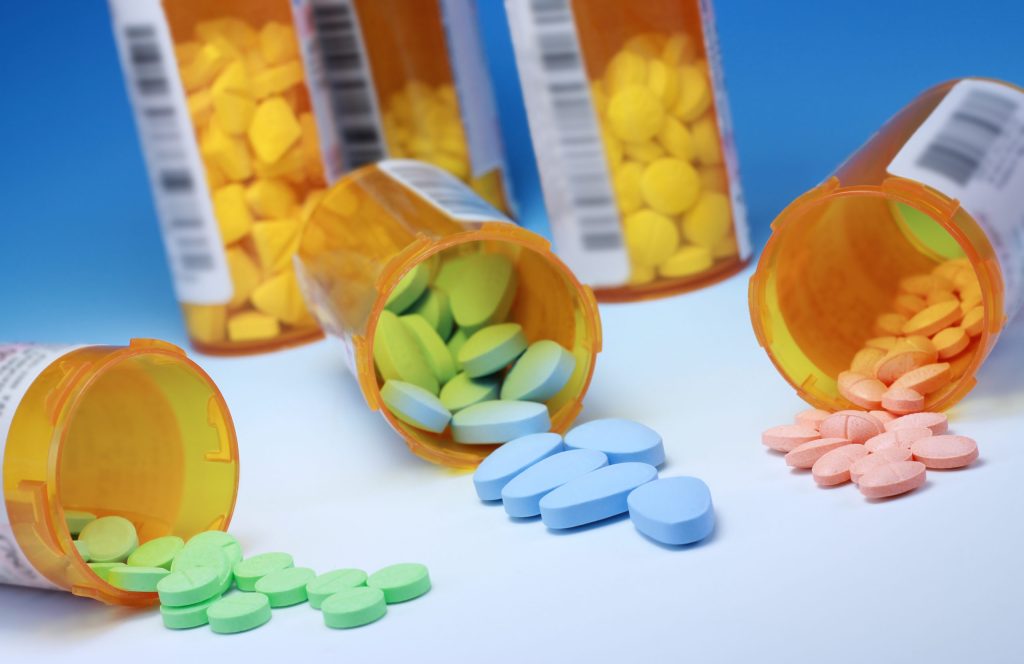Latest and innovative ways to treat and avoid Smoking.
Smoking can have long-term harmful impacts on the body, including as diabetes, cancer, and heart disease.
Tobacco harms your health whether it is smoked or chewed. Acetone, tar, nicotine, and carbon monoxide are just a few of the dangerous ingredients included in tobacco products. The molecules you breathe in can have an impact on your lungs and other body organs.

Smoking can have long-term consequences on your bodily systems as well as continuous issues. While smoking can increase your risk of developing some diseases over time, such as glaucoma, cancer, and blood clotting problems, some physical impacts take place right away.
But many of these negative consequences on your health can be reversed if you stop smoking.
Smoking global report.
Smoking tobacco seriously compromises your health. There is no way to smoke safely. You won’t be able to escape the health dangers by switching to a cigar, pipe, e-cigarette, or hookah in place of a cigarette.
The American Lung Association estimates that there are 600 chemicals in cigarettes. Also found in cigars and hookahs are many of these substances. More than 7,000 compounds, many of which are harmful, are produced when they burn. At least 69 of these are known carcinogens, or they can make you sick.
Smokers in the United States have a mortality rate that is three times higher than non-smokers. In fact, smoking is the most prevalent preventable cause of death in the United States, according to the Centers for Disease Control and Prevention (CDC).
The problems and damage from smoking can linger for years, even though not all of its effects are immediate. The good news is that quitting smoking can significantly lower many of the risks for the illnesses and ailments listed below.
Affect of smoking on your body
Use of tobacco damages all of your body’s organs. More than 5,000 compounds, including several carcinogens (chemicals that cause cancer), are also ingested into your lungs, blood, and organs when you smoke tobacco in addition to nicotine.
Smoking’s harmful effects might considerably reduce your longevity. In fact, smoking is the leading cause of death that may be prevented in the US.
Smokers who are pregnant also put their unborn children at risk. Pregnancy-related side effects include:
Ectopic pregnancy, when the embryo implants outside the uterus, is a potentially fatal disorder.
- Miscarriages.
- Stillbirths.
- birth flaws like cleft palates.
- low weight at birth.
Overall health and cancer risk of smoking,
Smoking can destroy your body’s organs and have a bad impact on your general health. In addition to weakening your immune system, smoking can cause more inflammation throughout your body. You could become more prone to infections as a result of this.
Despite the fact that experts are still trying to figure out the mechanism underlying the link, smoking is an environmental risk factor for diseases like rheumatoid arthritis.
Additionally, smoking and numerous cancer kinds have a well-established relationship. Your chance of developing cancer practically anyplace in your body can increase as a result of smoking. The following cancer subtypes fall under this:
- urethral cancer
- myeloid acute leukaemia
- ovarian cancer
- intestinal cancer
- stomach cancer
- uterus and kidney cancer
- throat cancer
- liver tumour
- carcinoma of the oropharynx (which can include parts of your throat, tongue, tonsils, and soft palate)
- pancreatic cancer
- gastric or stomach cancer
- lung, bronchial, and tracheal cancer
According to the kind of cancer, quitting smoking reduces your risk of getting the majority of these diseases in 10 to 20 years. Your risk will still be greater than that of someone who has never smoked, though.
How can I quit smoking?
There are numerous approaches to quitting smoking. Finding a smoking cessation strategy that suits your personality is essential for success. You must be intellectually and emotionally prepared. Not just your loved ones or close acquaintances who are exposed to your secondhand smoke should be the reason you wish to stop smoking.
These advice can be helpful if you decide to stop smoking:
- Get rid of any cigarettes, lighters, and other smoking-related items like ashtrays.
- A smoker as a roommate? Ask them not to smoke around you or persuade them to stop smoking beside you.
- Don’t concentrate on the desires when they occur. Because cravings pass, concentrate on your motivation for quitting instead.
- Do some doodling, play with a pencil or straw, or find other activities to occupy your hands while you wait. Alter all activities related to smoking as well. Instead of pausing to light up, go for a walk or read a book.
- Take a big breath whenever you feel the want to smoke. Hold it for ten seconds, then slowly let go. Repeat this numerous times until you no longer feel the want to smoke. Additionally, you can try meditation to lower your overall stress levels.
- Avoid the people, places, and circumstances that you identify with smoking. Spend time with non-smokers or visit locations where smoking is prohibited (like movies, museums, shops or libraries).
- Avoid replacing smokes with food or sugar-based items. These could result in weight gain. Pick healthful, low-calorie options instead. Try chewing gum, carrot or celery sticks, or hard sweets without sugar.
- Limit alcohol- and caffeine-containing beverages, but make sure to stay hydrated. They may make you want to smoke.
- Remind yourself that you don’t smoke and that you are a nonsmoker.
- Exercise is important because it helps you relax and is good for your health.
REFERENCES:
- https://www.healthline.com/health/smoking/effects-on-body
- https://my.clevelandclinic.org/health/articles/17488-smoking
- https://medlineplus.gov/smoking.html
- https://www.mayoclinic.org/healthy-lifestyle/quit-smoking/in-depth/nicotine-craving/art-20045454
For more details, kindly visit below.
